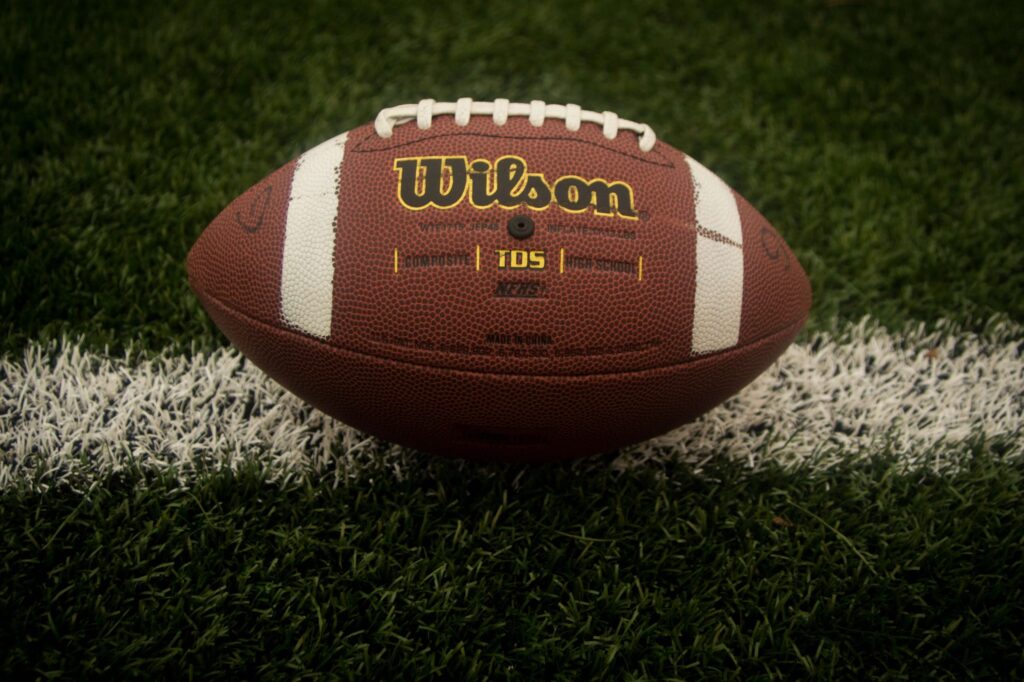
Super Bowl LIII has been one of the most uneventful Super Bowl games in recent years, even being called “the worst Super Bowl ever”. No crazy scores, no dramatic twists, and no underdog win. It was a tame game that the Patriots claimed (without surprise) as their fifth Super Bowl win in the past 10 years. The game still made history, with 0 touchdowns through the 3rd quarter (a first in Super Bowl history). It also had the lowest viewer ratings of all Super Bowls in the past 10 years which is not the kind of data the NFL and CBS wants to see.
However, even though the game was less than exciting, new data is no less valuable. In fact, the data might be worth more than the actual game.
Viral media
The Super Bowl is cultural epicenter for content. These ads and viral content have a better chance of capturing a wider consumer base and keeping attention. So by now, businesses, celebrities, and studios know to invest in airtime. Even this year’s boring game still had more than 100 million viewers. That’s a huge audience and you want them to see your ads.
But it’s more than just a commercial, it’s marketing science based on data. Consumer data is so important that companies use “neurometric technology” to track reactions and brain activity in order to compete with 70 other commercials. But why the Super Bowl? Over all the other big nights of the year, what makes the Super Bowl so special? Because it’s a cultural event people know to expect. And it’s effective, too. Social media erupted with reactions to brands and gameplay. Twitter users delivered a slew of jokes and memes that generate more activity for Super Bowl related hashtags.
Even the halftime show wasn’t enough for viewers to stay happy. Maroon 5 and Travis Scott faced backlash from the moment they were announced to headline and the post-performance criticism wasn’t any better.
So despite the less than stellar feedback, the Super Bowl still succeeded in collecting interest and data.
Capitali$m
Business is money and money is business. There’s no doubt the Super Bowl is as big as it is because of the consumer base involved (and consumers mean profit). Everything from restaurant tips and local hotel profits to stock prices change during the game so companies pay extra attention to data. But why is Super Bowl ad data so heavily analyzed? Maybe it’s because ads like Microsoft’s the heart warming campaign can trigger a 2.9% increase in stock price and better brand awareness (and even political sway).
How much are TV ads? 2019 has been the most expensive so far, as CBS demanded $5.25 million for 30 seconds. That’s a ridiculous price tag, but when the expected ROI is anywhere from 2 to 1 and 3 to 1, industry giants are more than willing pay the exorbitant costs for a 30 second slot. And it’s often worth it because we as consumers also spend more around the Super Bowl season. That’s why the data is so valuable. The Super Bowl is as much (or even more) a business as it is a sport.
Data wins
You probably won’t think much of the game or the commercials further into the year, but this year’s data will influence next year’s Super Bowl. What kind of ads will we be likely to see? How will our spending be affected? Data might control your next Super Bowl experience.
